The concept of personalized learning has gained substantial traction, especially with AI tools now making it possible to cater to each student’s unique strengths, weaknesses, and learning styles. By analyzing data on student performance and behavior, AI-driven platforms can adapt lessons, resources, and assessments to suit individual needs. Here’s a deeper look at how AI enhances personalized learning and improves student engagement and outcomes.
The Impact of Personalized Learning
Personalized learning tailors educational content to a student’s needs, providing lessons at an appropriate level and pace. This approach has shown a positive impact on engagement, comprehension, and motivation, allowing students to learn more efficiently and with greater enjoyment. When students receive content suited to their learning journey, it not only boosts confidence but also enhances academic success.
AI Tools in Personalized Learning
AI-powered tools are pivotal in refining the personalized learning experience. Here are key ways AI is transforming individual learning:
Learning Path Customization: AI analyzes each student’s progress and adjusts the curriculum accordingly. Platforms like DreamBox and Knewton adapt lessons to challenge students where they excel and offer support where they struggle.
Real-Time Feedback and Recommendations: AI can provide instant feedback on assignments, helping students correct mistakes and reinforce concepts. Additionally, it suggests resources or exercises to improve in weaker areas, empowering students to take charge of their learning.
Adaptive Assessment Techniques: With AI, assessments can be dynamic. For example, questions become progressively harder as students answer correctly, providing a more accurate measurement of their abilities and maintaining their engagement level.
Supporting Diverse Learning Styles: AI tools offer multiple ways to learn content—through text, video, simulations, or interactive activities—catering to different preferences and enhancing comprehension for various learning styles.
Case Studies in AI-Enhanced Personalized Learning
Institutions implementing AI-enhanced platforms are witnessing remarkable improvements in student satisfaction and performance. One study highlighted that students using personalized learning tools achieved a 30% higher retention rate. Another showed that adaptive assessments led to a 25% improvement in test scores, as students could target specific areas needing improvement.
Challenges and Considerations
While AI-driven personalized learning has numerous advantages, challenges include data privacy, ensuring content diversity, and maintaining balance between personalized pacing and curriculum standards. Educators must work alongside AI to review data insights, confirm instructional quality, and maintain a personal connection with students.
The Future of AI in Personalized Education
As AI technology continues to evolve, the scope for even more sophisticated personalization in education grows. From virtual tutors that understand emotional cues to predictive analytics that foresee challenges, the possibilities are endless. Embracing AI in education can bridge gaps, level the learning field, and create fulfilling educational experiences tailored to each student’s unique needs.
Hashtags:
#PersonalizedLearning #AIinEducation #StudentSuccess #EdTech #IndividualizedLearning #FutureOfEducation #LearningInnovation #AdaptiveLearning #StudentEngagement #AI #kaurexltd
